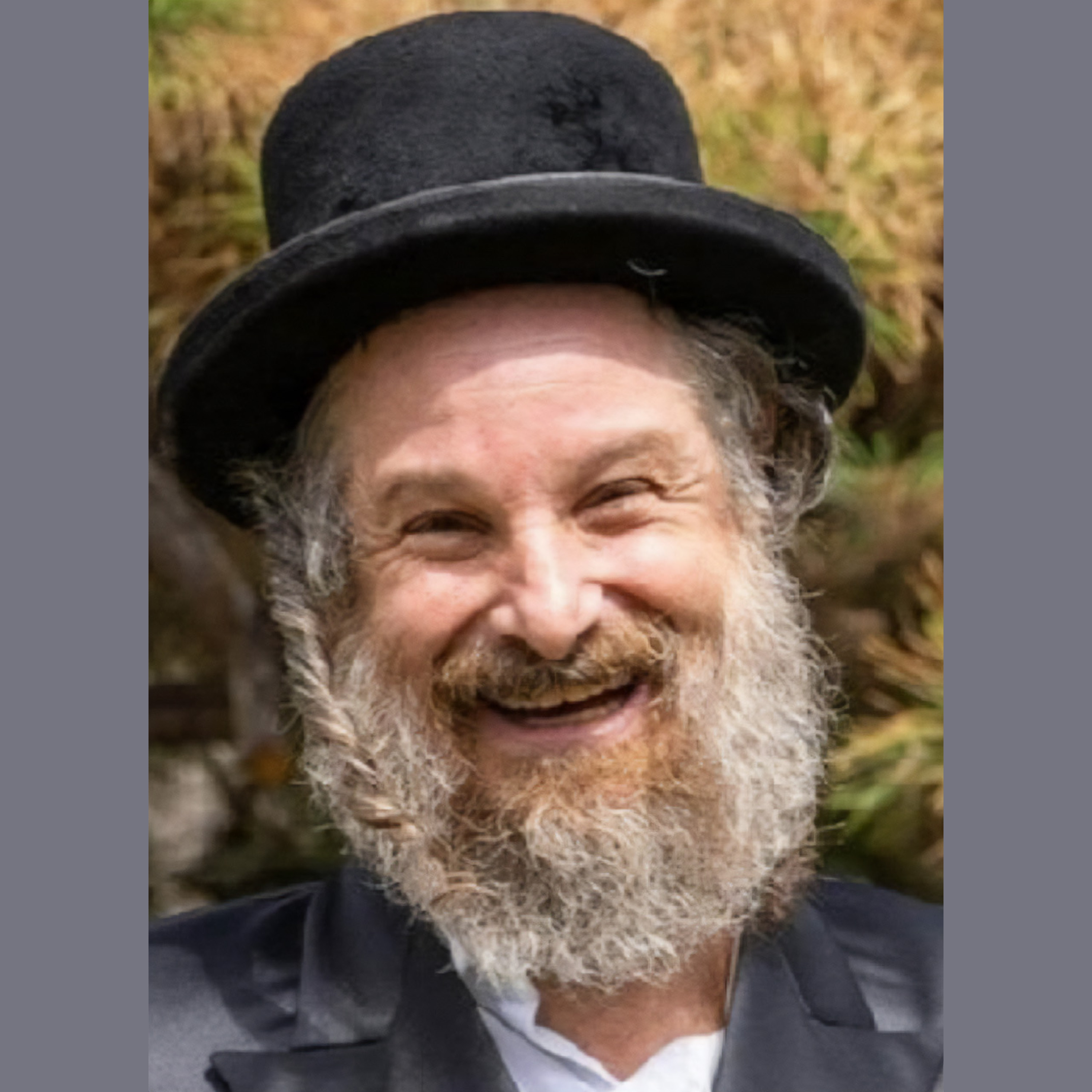Ask most Midwestern Jews how they ended up in the middle of the United States, and you’ll likely hear an interesting story. Such is the case with Rabbi Eddie Shapiro, who, along with his wife and 12-year-old daughter, arrived in Kansas City last fall when he started his work as executive director of the Vaad HaKashruth of Kansas City.
Rabbi Shapiro, an experienced mashgiach (kashrut supervisor) and chevra kadisha (Jewish burial organization) consultant, began his life in Grand Forks, North Dakota, after his parents pulled up their generations-old family roots in the Boston area. His father, a missile expert and U.S. Air Force officer at the Grand Forks Air Force Base, and his mother, a microbiologist, became intentional about their Judaism upon arriving in North Dakota, knowing their children would be limited in their Jewish exploration outside of their home.
“Massachusetts was very Jewish, and people could be Jewish by osmosis,” Rabbi Shapiro said. “The public schools closed on holidays because the students and the teachers were mostly Jewish. Every corner had either a kosher bakery or a butcher shop. [During premarital counseling with the rabbi], my father asked, ‘How exactly are we going to raise Jewish kids in North Dakota?’ The rabbi said, ‘I’m sure you’ll figure it out.’”
Rabbi Shapiro’s parents decided to keep a kosher home so their children could have some exposure to it. His parents tracked down a kosher meat provider who was willing to air freight a pallet of frozen meat each month to Grand Forks International Airport.
“My parents got in their Dodge station wagon and would drive out right onto the tarmac to pick up the meat. They would get a month’s worth of meat and bring it home, put it in the chest freezer, and then that’s what they had,” Rabbi Shapiro said.
The effort put forth by his parents had a significant impact on Rabbi Shapiro.
“There was a mindfulness. My parents… weren’t really dogmatic about it,” he said. “They just wanted to make sure that we were aware of what our options were. If you’ve never seen or heard of or smelled or tasted kosher, you can’t choose it. If you’ve seen that it’s out there in the world, then you can opt in or opt out. I think their methodology was to replace that immersive Jewish culture they had grown up with.”
After commissions in North Dakota and Wyoming, the family moved to Omaha, Nebraska, and finally Tucson, Arizona, where Rabbi Shapiro and his sister had more exposure to Jewish life, including attending the Tucson Hebrew Academy day school for four years. According to Rabbi Shapiro, it was a more immersive way to learn about their Judaism. As he grew older and the family landed in Denver, Colorado, he gained more interest in Orthodox Judaism.
According to an article in the March 16, 2023, issue of the Intermountain Jewish News, he considers himself a chasid.
“I think in one of my social media profiles I’m described as something like post-modern, deconstructed, trans-denominational chasidic. I really take my call, my mission, from the Baal Shem — the founder of chasidism — and his students, to infuse a joyful life with divine encounter,” he told the IJN.
To that end, Rabbi Shapiro views himself as “the blue collar rabbi,” who enjoys making Jewish law accessible to all. Based in Denver for most of his adult life, he has overseen kosher production of a variety of foods as an Orthodox Union mashgiach; including kosher wine, meat and even Welch’s grape juice. In addition to Hebrew and Yiddish, he is fluent in English and Spanish, and is used to being addressed as “Rabbi” or “Rabbi Eddie” in his industrial food production roles. Until taking the job as executive director of the Vaad, he spent most of his career working with the non-Jewish population.
Rabbi Shapiro looks for ways to make the “impossible” possible regarding kashrut and within the framework of Jewish law. In one example, he worked to find the schematic drawings for a machine that extracts and concentrates juice in order to make it properly kosher.
“What I find most challenging, but then also energizing and invigorating, is to find ways to apply an ancient tradition to an über-contemporary situation,” he said. “We were taught the title ‘rabbi’ doesn’t mean you have all the answers. It means you recognize when there’s a question to be asked and where to begin looking for the answers. I have a commitment to finding the best integrated answer.”
He says this unique outlook has helped him in his time caring for the dead through the Denver chevra kadisha.
“My work in kosher food especially and also in postmortem care is… where Torah wisdom and tradition meet everyday physical living — the physical and the spiritual,” he said. “Food and death and dying are those places where our physicality and our spirituality have the best potential for integrating.”
After several decades of working outside of the Jewish community, Rabbi Shapiro enjoys working in the Jewish Community Campus. Walking through the campus, he enjoys connecting with various employees and Jewish community members and is pleased to be a useful resource.
Rabbi Shapiro has embraced the opportunity to engage with members of Kansas City’s Jewish community both formally and informally, including teaching at this year’s upcoming Day of Discovery in August.
“We need to create learning opportunities,” he said, citing the importance of the need for informed rabbinic guidance in navigating complex ethical and spiritual considerations. “This is, in some ways, the culmination of my career. It makes perfect sense to be here.”



